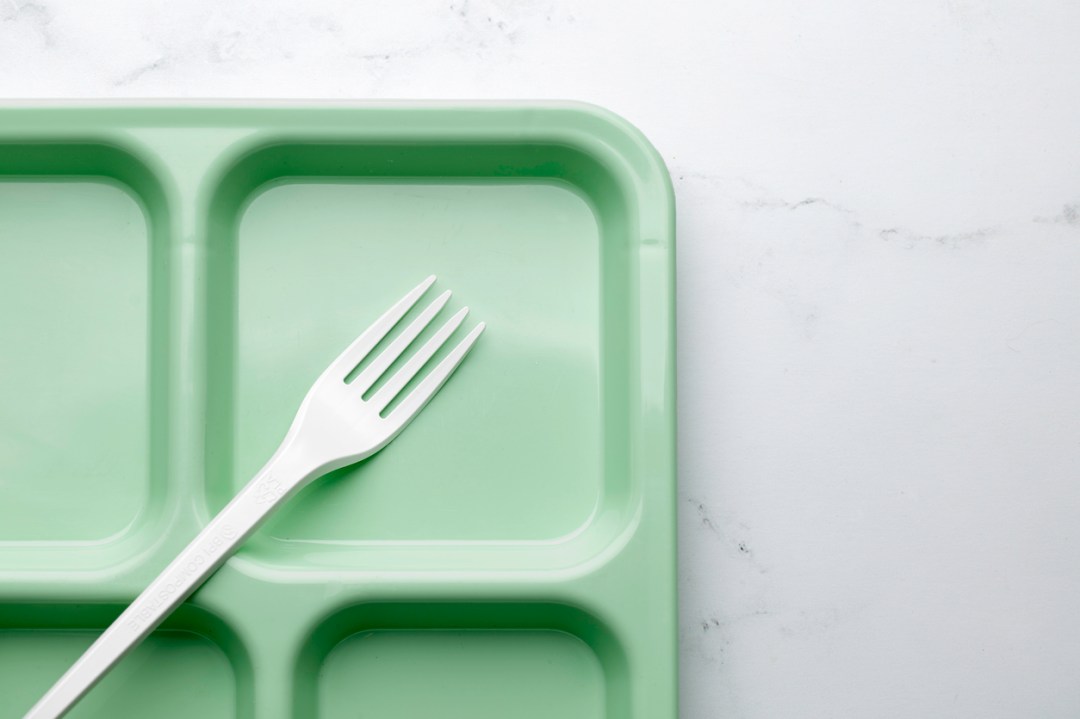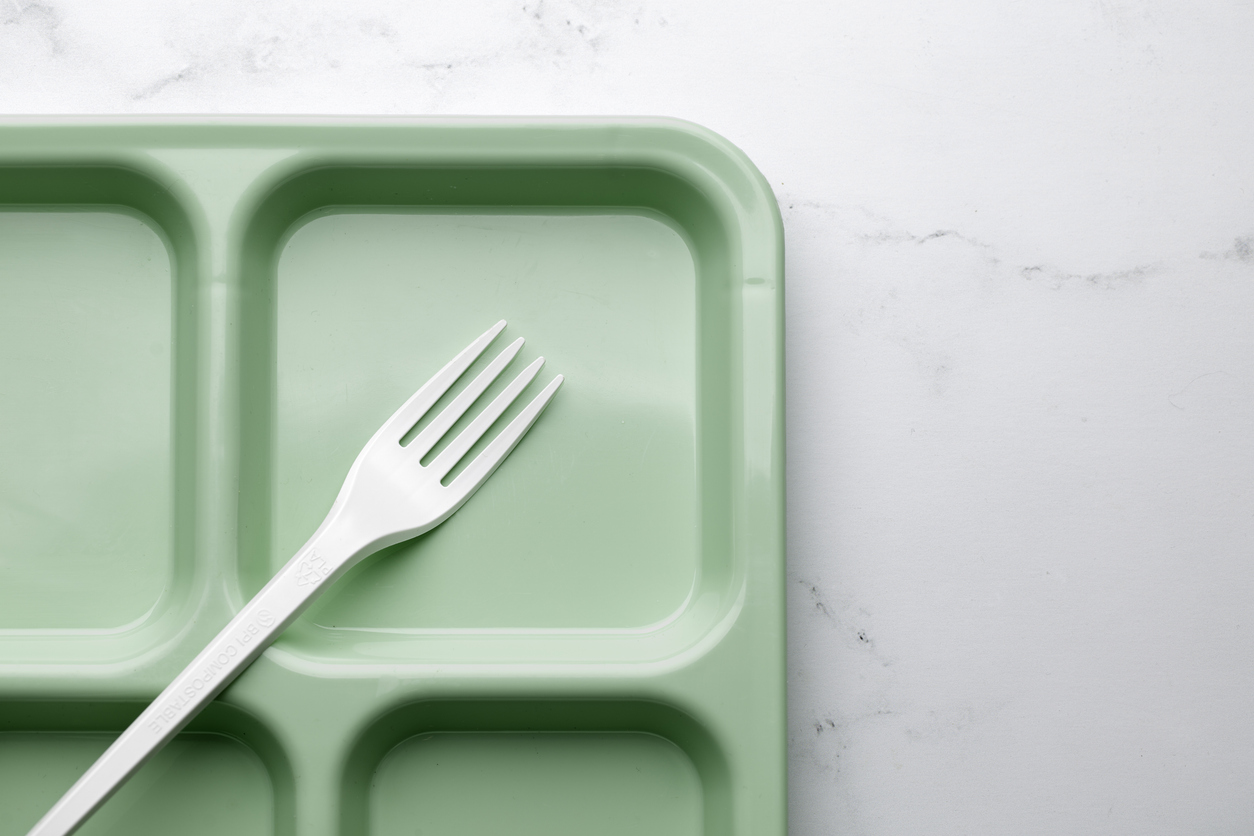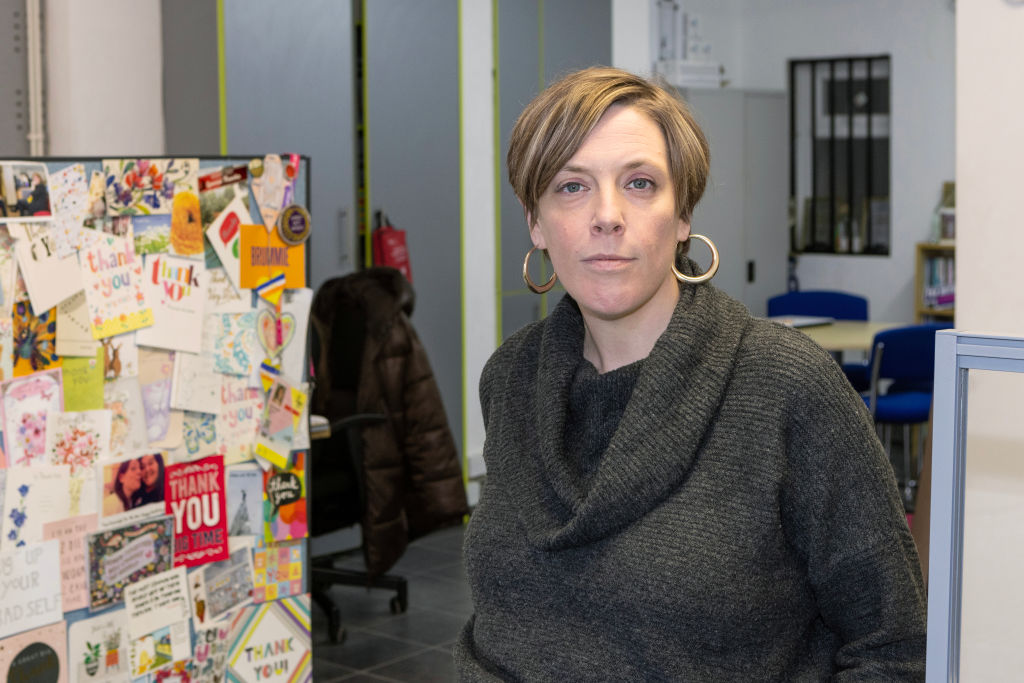‘Parents shouldn’t be out of pocket by setting their kids up for school’. So boasted Downing Street, as the government touts its expansion of ‘free’ breakfast clubs. Except, as with everything the state provides, they’re not ‘free’. They are paid for by taxpayers. Call me a selfish, hard-hearted miser if you wish, but why should I pay for someone else’s child to eat breakfast? Isn’t that, perish the thought, the parent’s role?
Call me a selfish, hard-hearted miser if you wish, but why should I pay for someone else’s child to eat breakfast? Isn’t that, perish the thought, the parent’s role?
Not that we should be surprised by Labour’s latest example of nanny-statism. The government also plans to introduce supervised tooth-brushing in schools. Presumably because parents ‘shouldn’t be out of pocket’ buying a tube of Colgate for their little darlings, either? I’m sorry, but if parents can’t get their kids to school on time, having brushed their teeth and had some cereal, then perhaps the state intervention they need is social services.
The UK in 2025 has become addicted to the state. We have the highest tax burden since the second world war, public spending is now over 44 per cent of GDP, and our national debt is almost as big as the entire economy. Moreover, a majority of Brits now receive more in benefits than they pay in tax. And yet whenever a public policy challenge presents itself, parties of all stripes are guilty of immediately resorting to further state intervention.
While in government, the Conservatives presided over one of the most generous Covid furlough schemes in the world and spent over a hundred billion subsidising energy bills. In Scotland, the SNP have promoted creeping universalism through free prescriptions, free tuition fees for Scottish students, even free bus travel for under-22s. And Reform are no better – with Nigel Farage promising to scrap the two-child benefit limit, reinstate winter fuel payments for even the richest pensioners, and nationalise British Steel.
Time and again, the instinct of politicians and voters alike has been to ask for a government solution to a societal problem. It reminds me of that old Peter Kay stand-up routine when he talks about his nan suggesting the government ought to ‘do something about’ the bad weather. From parents to pensioners, we have become infantilised by the state. Is it any wonder there are now social media ‘sickfluencers’ who build huge online followings advising people how to best exploit the benefits system?
What is most galling about our addiction to state-intervention is the simple fact that it doesn’t work. The British state is, by almost any measure, at its most bloated for decades – and yet does any voter feel they’re getting more bang for their buck? Whether public services or prisons, roads or recycling collections, the more we ask of the state, the less we seem to get back. It’s almost as if Ronald Reagan was onto something when he observed ‘government is not the solution to our problem; government is the problem’.
If there is one ray of light, it is the online pushback against Downing Street’s absurd breakfast clubs post. Conservative politicians have led the charge in denouncing this latest example of state overreach. Tom Tugendhat correctly posed the question ‘How am I out of pocket when I feed my kids? Isn’t feeding my children the basic purpose of a parent?’ Alicia Kearns posted ‘The idea that parents should consider feeding their children as leaving them “out of pocket” is tantamount to encouraging dereliction of care.’ And Lord Hannan made the fundamental point ‘there is no such thing as a free breakfast’. Let’s have more of this from the Tories, please.
Having a child is expensive, but it is also a choice. It is not the state’s role to cloth or feed your children – or to make sure they’ve brushed their teeth. As Rachel Reeves desperately searches for cost-saving measures ahead of her budget next month, surely telling parents that the Ready Brek bill should fall to them would be an obvious place to start?








Comments